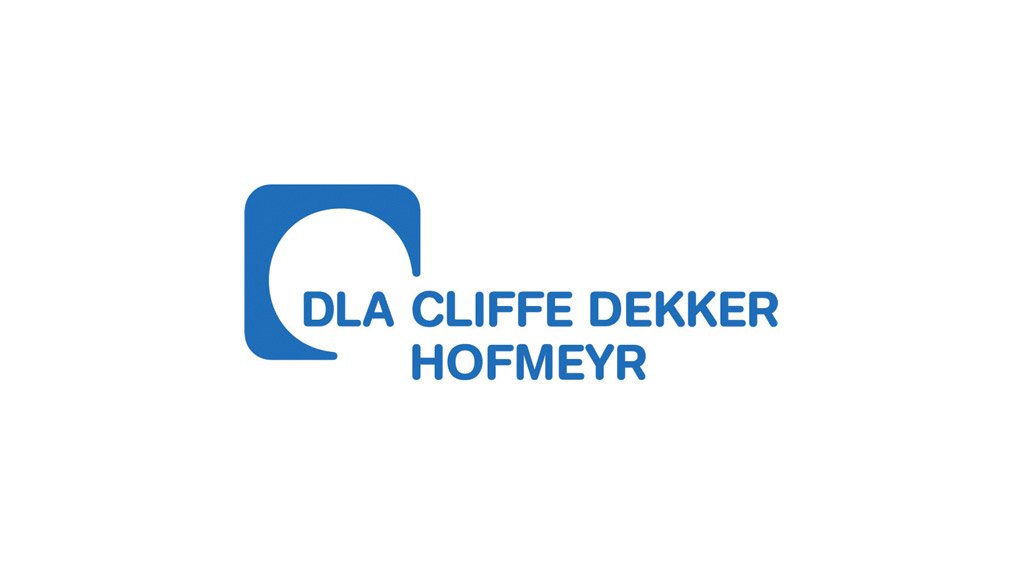The South Gauteng High Court awarded a human resource manager R50 000 in damages, plus legal costs, after she was called a 'liar' and an 'unintelligent white girl'. In Nadia van der Westhuizen v Morgan Motlogelwa Ntshabelele (case 2014/27063, judgment handed down 23 March 2015) the court upheld her claim for damages and agreed that she suffered damage to her reputation as a result of the defamatory remarks made by the defendant.
The defendant was retrenched by the employer. The plaintiff was tasked to finalise the retrenchment and secure the return of the employer's property in possession of the defendant. The defendant uttered the defamatory remarks in the presence of fellow employees, including the plaintiff. The defendant later made further utterances that the court held were per se defamatory. The defendent did not oppose the application and did thus not suggest that his statements were unintentional or that he had a valid defence for raising the remarks (such as that the statements were true and in the public interest).
The court confirmed the general principles applicable to defamation. "A statement is defamatory of a plaintiff if it is likely to injure the good esteem in which he or she is held by the reasonable average person to whom it has been published. It includes not only statements that expose a person to hatred, contempt or ridicule, but also statements that are likely to humiliate or belittle the plaintiff; which tend to make him or her look foolish, ridiculous or absurd or which render the plaintiff less worthy of respect by his or her peers."
The court may exercise discretion in awarding damages. Relevant factors for the court to consider include the seriousness of the defamatory statements, falseness, nature and extent of the publication of the statement, malice, rank or social status, the absence of an apology, motive and the general conduct of the defendant. The court also considered the fact that the derogatory statement had racial undertones. It confirmed that "… the use of racially derogatory language is regarded by right-minded members of South African society as reprehensible." Nevertheless, the court agreed with previous cautions issued to state that overly large sums should not be awarded in damages so as to avoid promoting or encouraging litigation of this nature.
The lesson from this case is that employers and employees ought to take care in making statements that could be defamatory. Making such statements in the workplace does not present a defence to the wrongdoer. Whilst it may be tempting to lash out at a company representative, be it CEO, line manager or HR representative, employees should refrain from making statements that are untrue, hurtful or otherwise defamatory. Such wrongful statements should neither be made in the workplace or in public, including public platforms like social media (such as Facebook and Twitter) or during an after-hours drinks session at the local pub. Although the courts are reluctant to award significant sums in defamation cases, even an amount of R50 000 could balloon into a more significant sum when taking the plaintiff's legal costs into account.
Written by Johan Botes, Director- Employment Law, Cliffe Dekker Hofmeyr
First published by SA Labour Guide
EMAIL THIS ARTICLE SAVE THIS ARTICLE
To subscribe email subscriptions@creamermedia.co.za or click here
To advertise email advertising@creamermedia.co.za or click here











